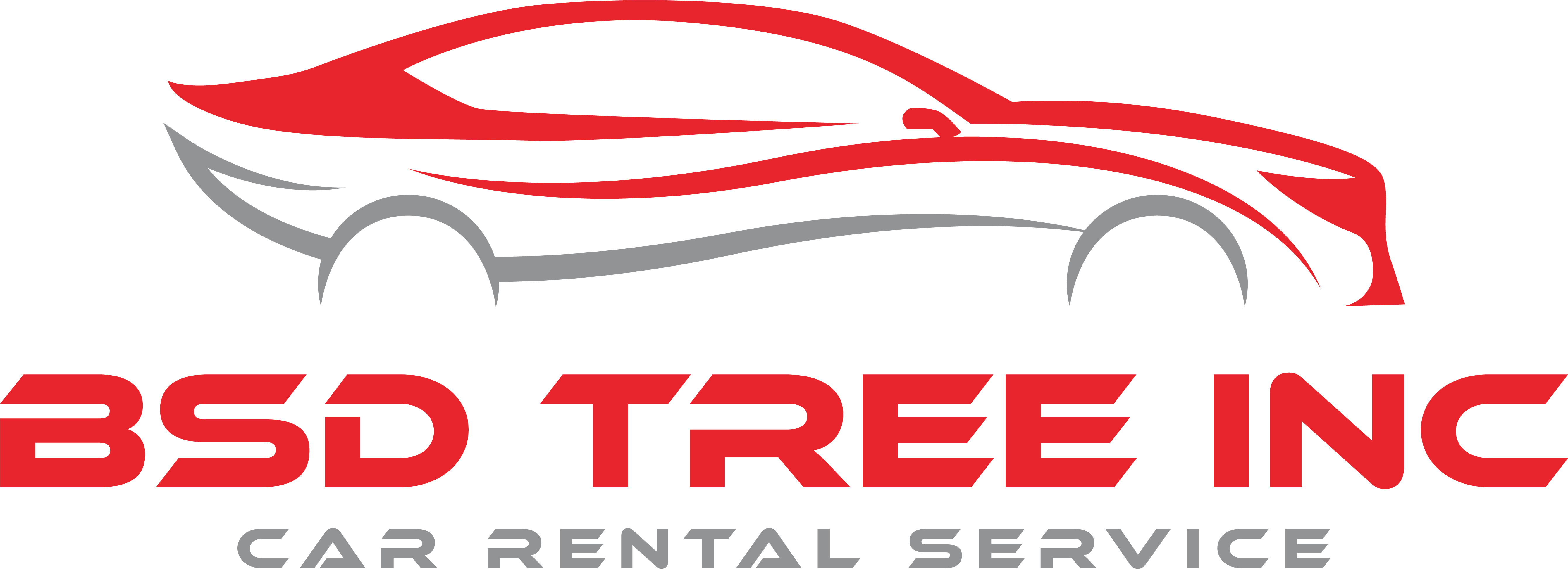When considering car rental in Long Island City, NY, several factors come into play. This bustling area offers various rental options, catering to business travelers and local commuters alike.
Whether you’re planning a short trip for a meeting or need a reliable car for a client visit, understanding the essentials of car rental services is crucial.
In Long Island City, you’ll find a range of vehicle types, from compact cars to luxury sedans, making it easy to select one that suits your needs. It’s important to be aware of the requirements and advantages particular to this location.
This blog post will guide you through the key elements to consider when renting a car for work in Long Island City.
Benefits of Car Rental for Work
Car rentals are quickly becoming the go-to transportation option for business travelers. Here’s why they’re so effective:
1. Flexibility and Convenience
Unlike public transportation or rideshares, renting a car gives you total control over your schedule. Drive directly to your destination without waiting on buses or drivers. It’s ideal for trips that require multiple stops or late-night meetings. Plus, no worrying about surge pricing during busy hours!
2. Cost-Effective for Short-Term Trips
For short-term business travel, renting a car can be more economical than reimbursing personal vehicle usage or relying on ridesharing apps. Rental companies often offer deals for corporate clients, and with a little research, you can get exceptional rates that fit your trip budget.
3. Access to Reliable, Well-Maintained Vehicles
Rental companies provide modern, well-maintained vehicles that are perfect for both city driving and long highway journeys. They’re inspected for safety and kept in excellent condition, giving you peace of mind while you focus on your work commitments.
Key Factors to Consider Before Renting a Car
Planning to rent a car for work? Here are the key things you need to keep in mind:
1. Choosing the Right Vehicle for the Job
The purpose of your trip should guide your choice of vehicle:
- Compact cars: Ideal for solo business travelers managing quick trips in urban locations.
- SUVs or sedans: Great for carrying teams, luggage, or professional equipment.
- Luxury models: Perfect for making a statement when meeting high-profile clients.
Choose a vehicle that aligns with your specific requirements while staying within budget.
2. Budget and Cost-Saving Strategies
Set a budget for your car rental before booking. Keep in mind extra charges such as fuel, tolls, and insurance. Look for discounts through corporate programs or credit card perks, and compare prices across different rental companies to get the best deal.
3. Understanding Insurance and Liability
Ensure that your rental agreement includes insurance coverage for business use. If you already have personal auto insurance or a credit card offering rental coverage, understand their terms to avoid paying for overlapping plans. Discuss the options with the rental company to select the coverage that works best for you.
Essential Documents and Information for Renting a Car
Before you head to the rental counter, make sure you have these documents and information ready:
1. Valid Driver’s License and Age Requirements
A valid driver’s license is mandatory for car rentals, and most rental companies require drivers to be at least 21 years old. Some may have additional age-based fees for drivers under 25, so check the rental terms beforehand.
2. Proof of Insurance
Depending on your car insurance policy or company requirements, you might need proof of insurance. If you don’t have personal coverage, consider purchasing a rental insurance plan to protect against damages or liability.
3. Credit Card Information
Rental companies typically require a credit card for payment and to place a security hold for the vehicle. Confirm the card’s limit to ensure there’s enough to cover the deposit and potential additional charges.
Tips for a Smooth Rental Experience
Renting a car doesn’t have to be stressful. These tips will help ensure a hassle-free experience:
1. Book in Advance
Many rental companies reward early bookings with discounts and a wider selection of vehicles. Waiting until the last minute may leave you with fewer choices and higher prices.
2. Inspect the Vehicle
Take time to inspect the car before driving off. Check for any visible damages and ensure they’re noted in your rental agreement to avoid disputes later.
3. Understand the Vehicle’s Features
Familiarize yourself with the car’s controls, such as GPS settings, fuel type, and even windshield wipers. Knowing where everything is will help you drive confidently, especially in an unfamiliar location.
4. Return the Car on Time
Late returns can incur hefty fees, so always aim to return the vehicle on or before the scheduled time. Also, refill the fuel tank if required to avoid extra surcharges.
5. Keep Receipts and Records
Always keep receipts for tolls, fuel, and the final rental bill, especially for corporate reimbursement. These records will make expense reporting smoother.
Unlock the Convenience of Car Rentals for Work
Renting a car for work trips offers tremendous benefits—it’s flexible, cost-effective, and puts you in control of your travel experience. From selecting the right vehicle to having your documents ready, a little preparation goes a long way toward ensuring a seamless process.
Now that you’re familiar with the essentials, what’s stopping you? If you’ve had experiences with car rentals or have additional tips, feel free to share them in the comments. For more content tailored to business travelers, subscribe to our newsletter and take the stress out of work trips!





